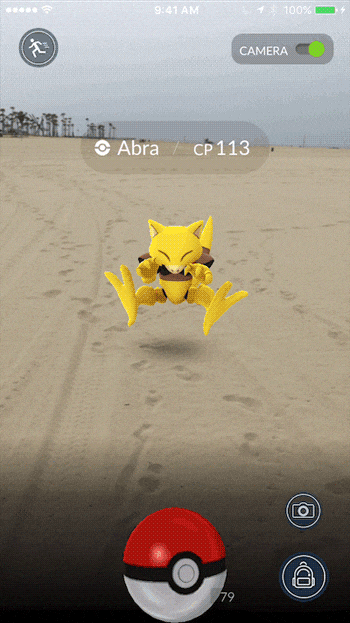Final Fantasy XV is an interesting game. The first 80% of the game feels endless. You get in the car, Noctis and friends, trying to help Noctis find himself, his purpose and his responsibilities. You take detours exploring caves, hunting for the next big fish, camp under the stars and wish you would find the next town soon so you can get a decent shower. During it all, there’s friendly ribbing, putting each other down as a display of how close you all are, egos blow up or real life seeps in and full out arguments escalate until the cold front sweeps through the group hindering all conversation but you know that they mean well because the argument only grew from a place of worry, respect and friendship rather than ill will. But everyone works through the bad feelings and it only helps to strengthen their bond in the end. Then the last 20% of the game happens, real life becomes too important and that friendship isn’t enough to stop life from happening causing the inevitable distance between you and your friends to grow.
Final Fantasy XV is interesting because it made me long for the times when I could just spend the days with my friends not worrying about the distant future and just live in the moment with them. Only having to worry about our next meal or plan our next outing together is a distant memory from the abruptness of real life. But then again, I’m only thinking like this because of where I am in life while I’m playing the game. I’m already past that part of my life where I’ve had the time to waste with my friends where we only spent time building bonds with one another before life got in the way. I’ve brought my own experiences from life and had it color my experience of FFXV, by relating to the motifs of friendship and reminiscing between the banter that only friends that know each other well and are completely comfortable with shitting on each other can do. If this was my first Final Fantasy playing FFXV before having these experiences of bonding with my friends I can see the next generation idolizing the idea of grabbing your closest friends, going on a trip and making an adventure out of it as a means of entertainment and building bonds.
This raises the question: When is the right time to play a game?
More after the break









